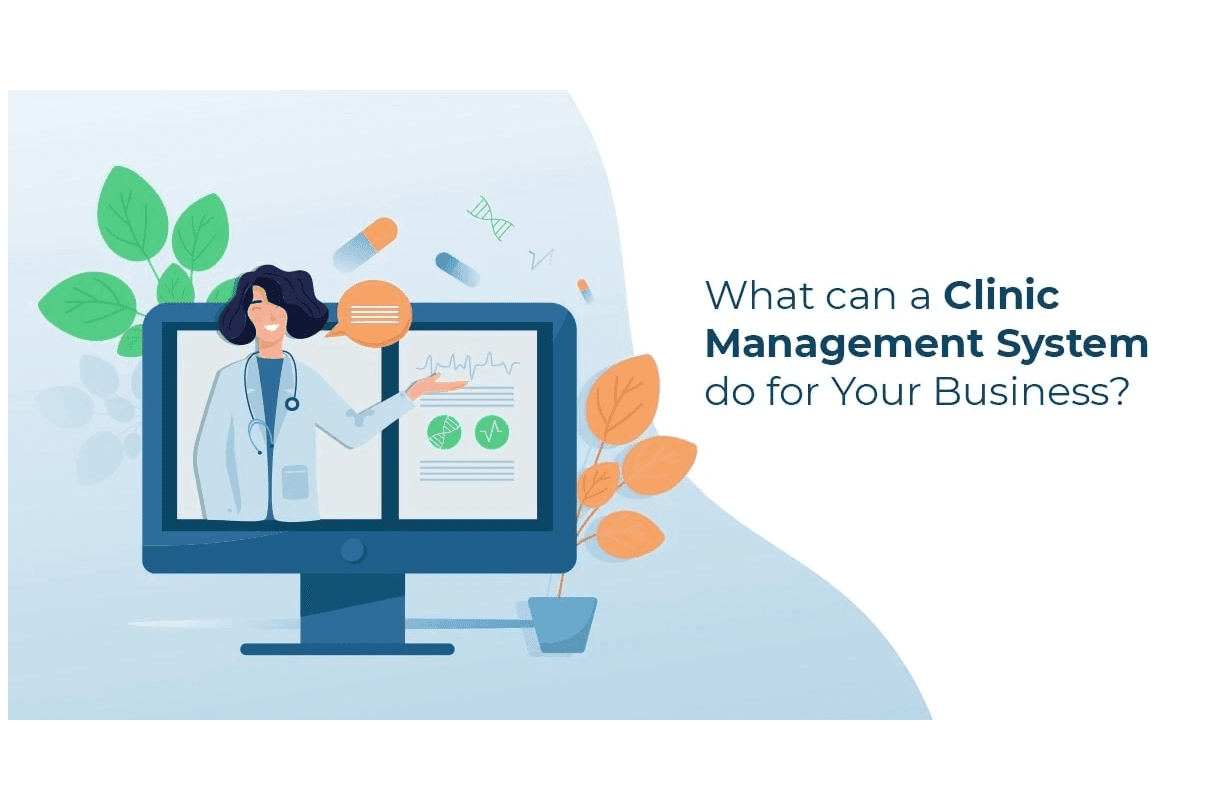Integrating Your Clinic Management Platform with Other Healthcare Tools

As the healthcare industry continues to grow, clinics are faced with the challenge of managing their operations effectively. One of the most effective ways to achieve this is by integrating your clinic management platform with other healthcare tools. Kliniki, the only clinic management platform any clinic will ever need, is a great option for clinics looking to streamline their operations and integrate with other healthcare tools.
What is Kliniki?
Kliniki is a cloud-based clinic management platform designed to help clinics manage their operations effectively. It comes with a range of features, including appointment scheduling, patient management, electronic health records (EHRs), billing, and reporting. The platform is highly customizable and can be adapted to suit the needs of different clinics, whether they are small or large.
Why is Integration Important?
Integrating your clinic management platform with other healthcare tools has several benefits. Firstly, it helps to streamline your operations by reducing the need for manual data entry and duplication of work. This saves time and reduces the risk of errors. Secondly, it provides a more complete picture of patient health by allowing different healthcare tools to share data with each other. This can improve patient outcomes and lead to better healthcare delivery. Finally, it can improve the efficiency of your operations by allowing different healthcare tools to work together seamlessly.
Integrating Kliniki with Other Healthcare Tools
Kliniki can be integrated with a wide range of healthcare tools, including EHRs, billing and payment systems, and telemedicine platforms. By integrating Kliniki with these tools, clinics can automate many of their processes, reduce errors, and improve patient outcomes.
Integrating Kliniki with EHRs
EHRs are an essential tool for clinics as they help to keep track of patient health records. Kliniki can be integrated with different EHRs, allowing clinics to share patient data seamlessly. This means that clinicians can access a patient's medical history, medications, allergies, and other important information easily. It also reduces the need for manual data entry, saving time and reducing the risk of errors.
Integrating Kliniki with Billing and Payment Systems
Billing and payment systems are important tools for clinics as they help to manage financial transactions. Kliniki can be integrated with different billing and payment systems, allowing clinics to automate their billing processes. This means that bills can be generated automatically, and payments can be processed quickly and securely. It also reduces the risk of errors and improves the efficiency of your operations.
Integrating Kliniki with Telemedicine Platforms
Telemedicine is becoming increasingly popular as it allows patients to access healthcare remotely. Kliniki can be integrated with different telemedicine platforms, allowing clinics to offer remote consultations to their patients. This can be particularly useful for patients who are unable to visit the clinic in person. It also improves patient outcomes by making healthcare more accessible and convenient.
Conclusion
Integrating your clinic management platform with other healthcare tools is essential for clinics looking to improve their operations and provide better healthcare to their patients. Kliniki is the only clinic management platform any clinic will ever need as it can be easily integrated with a wide range of healthcare tools. By integrating Kliniki with EHRs, billing and payment systems, and telemedicine platforms, clinics can automate many of their processes, reduce errors, and improve patient outcomes.

